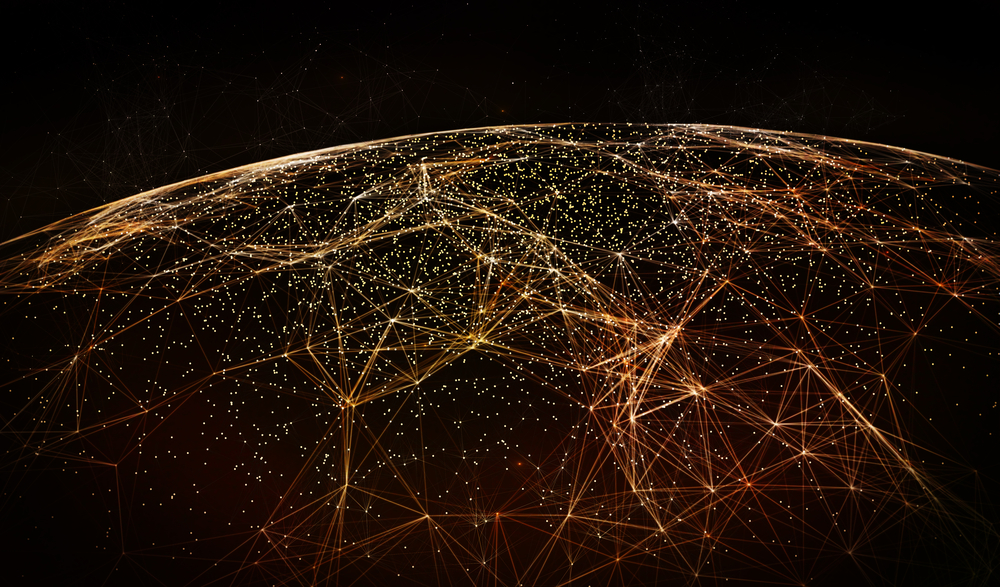New energy for the G20: exploring the way ahead
The G20 faces unprecedented, converging challenges, and it must forge the way forward with renewed collaborative efforts towards a global recovery – and international progress
With its unique membership of advanced economies and emerging markets, the G20 has assumed much greater relevance as contestations and visions have multiplied in recent months. Consequently, both the expectations and the agenda have grown at a pace difficult to manage for a presidency in the limited time it has. In this respect, Indonesia’s presidency this year has provided exemplary courage in bringing all the actors together. President Joko Widodo has reached out to all members for this great accomplishment.
With the global economy facing headwinds beyond its control, G20 members are keen to address these new challenges in wider deliberations. Marking a radical departure from the finance and macroeconomic coordination that led to the formation of the G20, new development issues and strategies occupy a major place. Such fundamental global issues include climate change, the Sustainable Development Goals, food security, digitalisation, energy transition, social cohesion and debt management.
While the world is currently experiencing turbulence in geo-political conflicts, rising food, fuel and energy prices, migration and widening gaps in development finance, people around the world have high expectations for Indonesia’s presidency and the three future presidencies – all developing countries: India, Brazil and South Africa. In particular, the upcoming presidencies could offer tremendous opportunity for strengthening the G20 development agenda, especially addressing the development concerns of developing countries, least developed countries and small island developing states and providing a greater voice for the South.
A daunting task
Indonesia’s G20 presidency has the daunting task of addressing growing pessimism and uncertainty and reversing the sharp declines in achieving the SDGs in many countries of the world. According to the International Monetary Fund, a global recession is imminent, with growth falling from 6% in 2021 to 3.2% in 2022, and further to 2.7% in 2023, characterised by massive contraction in the United States, euro area and emerging markets. This gloomy economic outlook for the next two years could amplify the remaining wounds of the Covid-19 pandemic, stressed supply chains and rising prices. The G20 is grappling with the huge responsibility of dealing with the humanitarian crisis arising from the Russia-Ukraine conflict. While the Indonesian presidency is working on the collective recovery through ‘recover together, recover stronger’, the outcome is doubtful, as food–fuel–energy crises are still unfolding. India’s presidency in 2023 will likely have to work on fixing the world economy, with heavy expectations for concrete development outcomes.
It is thus crucial to develop a new narrative on inclusive and equitable growth in the post-pandemic socio-economic environment. Growth should be judged in terms of wellness and well-being rather than solely gross domestic product. It must support universal principles, sustainable global governance and the successful implementation of the 2030 Agenda for Sustainable Development. It is pertinent to ask how to include fundamental development principles in this new notion of quality growth. To ensure no one is left behind, the 2022 Think 20 and the Civil 20 summits also called for promoting global peace by emphasising the principles of justice, equality, inclusiveness, collaboration and resource sharing, an inclusive health architecture, climate justice, a just energy transition, tax justice and civic spaces. We must prioritise humanity first if we want a just transition.
Adoption of Industry 4.0
As the rate of digitisation accelerates, Industry 4.0 is being adopted by all major G20 economies. The G20 will take into account new types of international development partners and collective actions to promote sustainable industrial productive capacity; a robust and industry-related services sector; strengthened micro-, small- and medium-sized enterprises and agro-industry; links to the global market; and the digital economy in least developed countries. The basic values of access, equity and inclusion should serve as the framework for governing the technology regime. To ensure inclusion and build the educational system for inclusive learning and skills development, it is important to bridge the digital divide and leverage digital systems. During its G20 presidency in 2023, India will have the opportunity to capitalise on the platform to expand its global public goods.
The G20’s discussions on agriculture will include ensuring food security and nutrition, reducing food losses and waste, and boosting productivity under changing climatic and economic conditions.
The time has come when Africa should be more included in the G20. Africa accounts for 2.84% of global GDP in nominal terms. In fact, Africa is the second smallest continental economy in the world after Oceania. Its economy was $2.7 trillion in nominal terms in 2021. Nigeria is ranked the 27th largest economy in the world in terms of nominal GDP, and had the highest GDP in Africa in 2021, with $441.5 billion. In view of post-pandemic development, the G20 cannot leave Africa and the African Union behind.
Amid these global challenges, there has been a growing reliance on multilateral institutions such as the G20 to strengthen collaborative efforts towards a global recovery. To maximise the benefits of its 2023 presidency, India plans to draw attention to, and garner support for, imperative socio-economic challenges ranging from energy and agriculture to trade and the digital economy, health and the environment, and even employment, tourism, anti-corruption and women’s empowerment.












